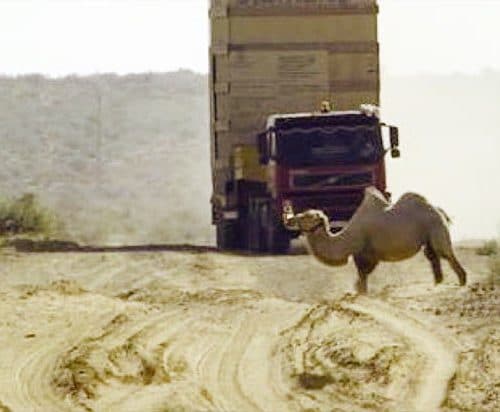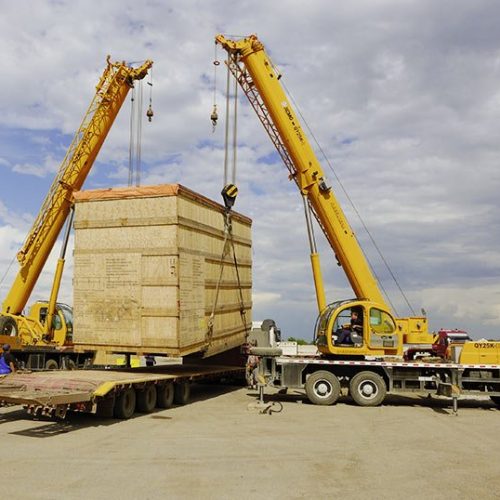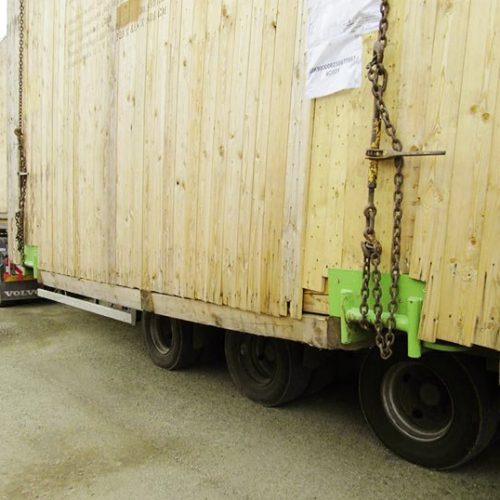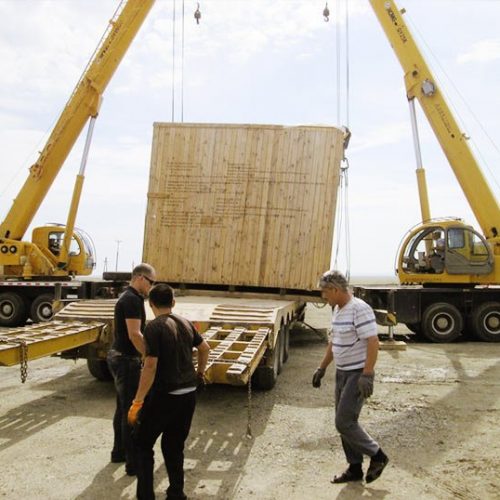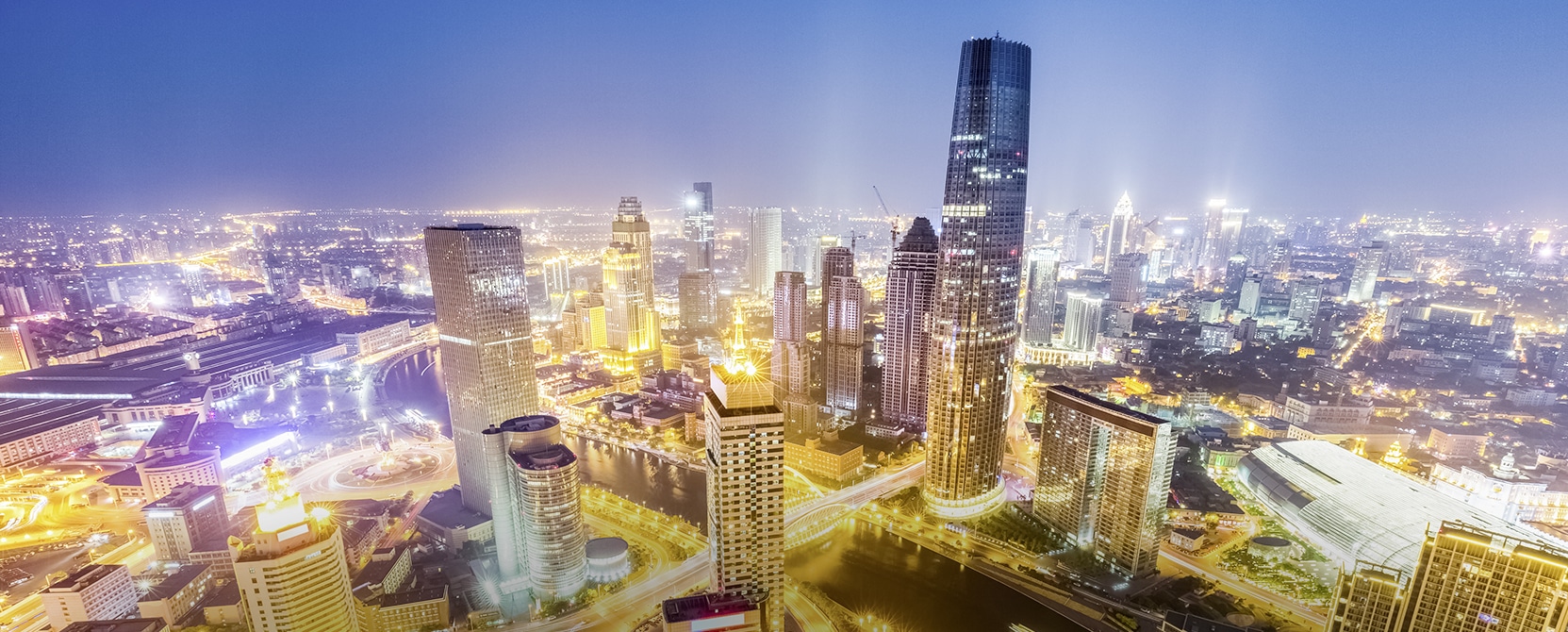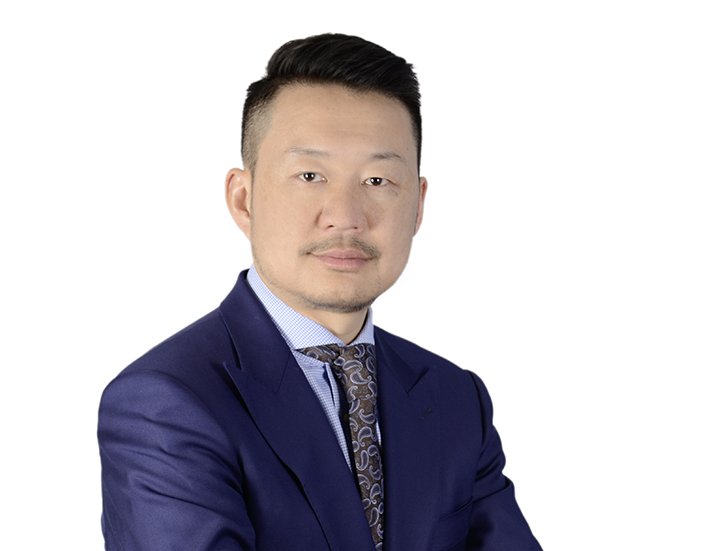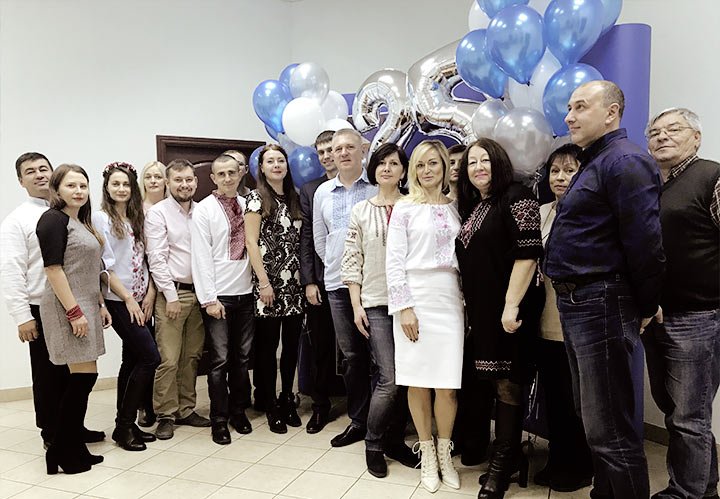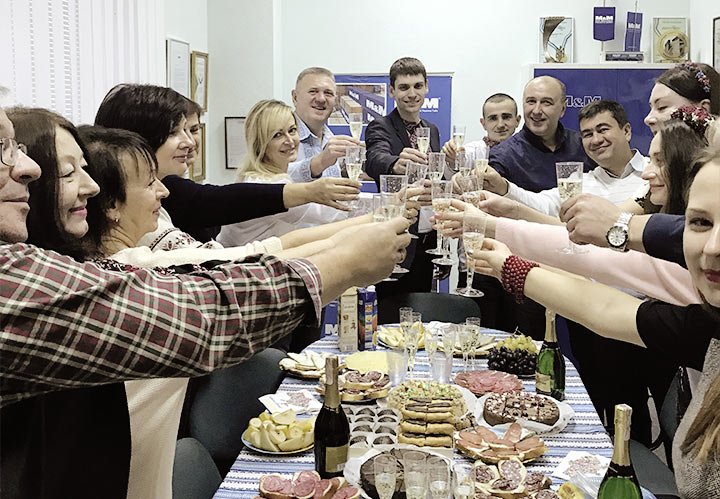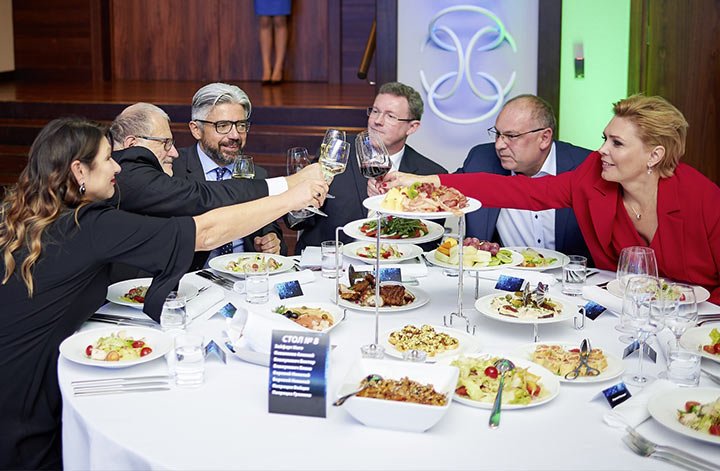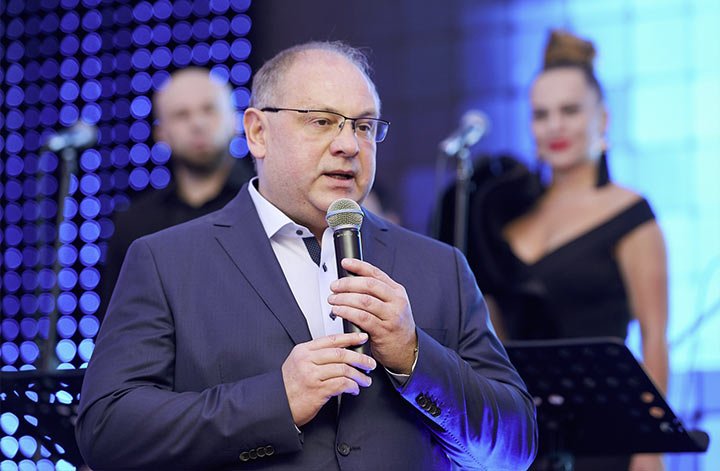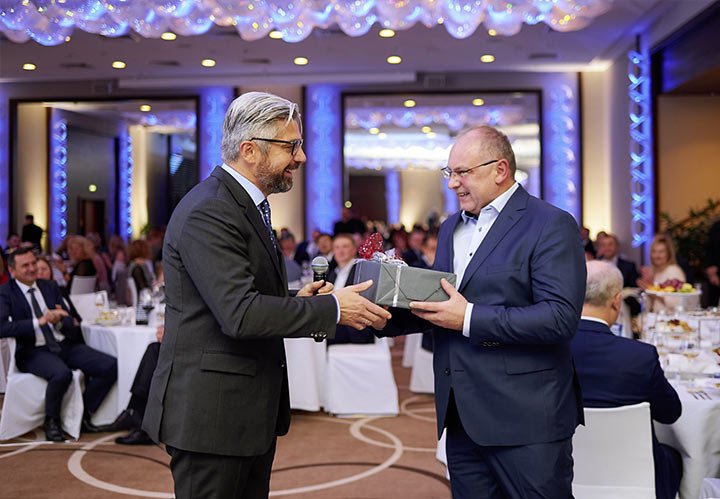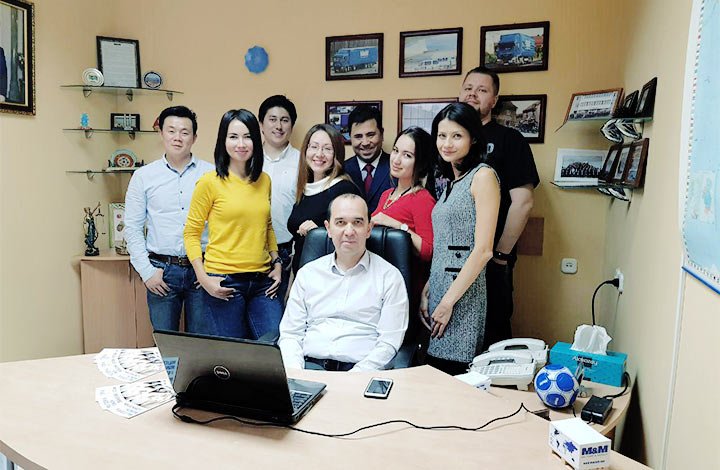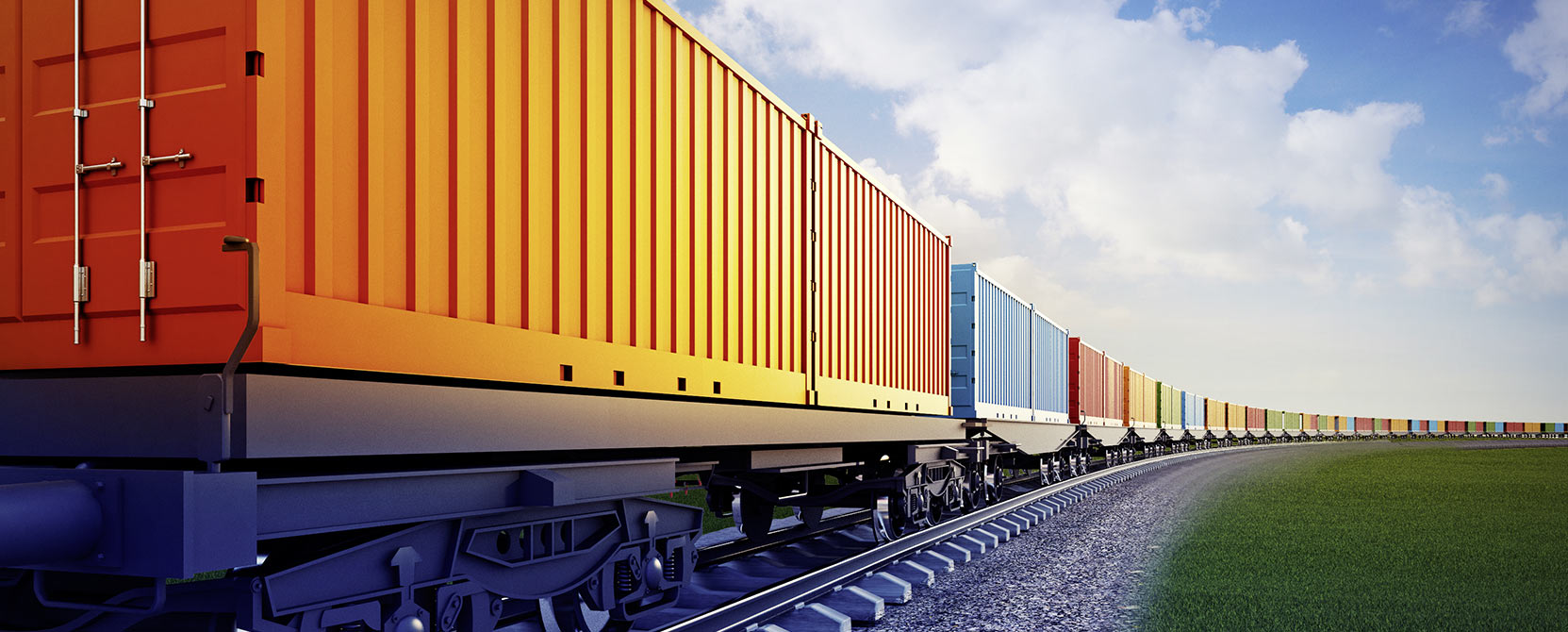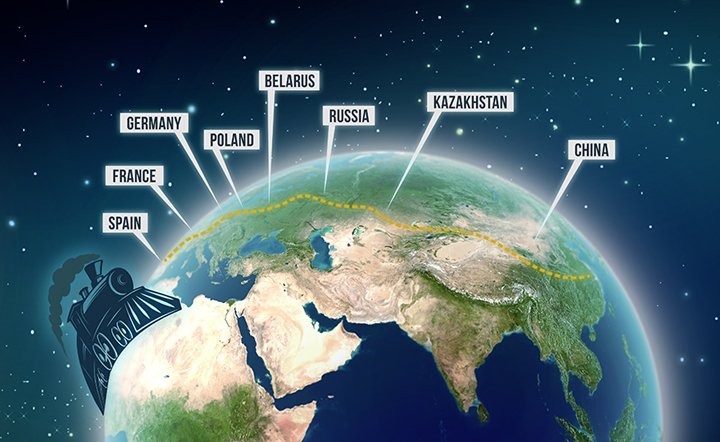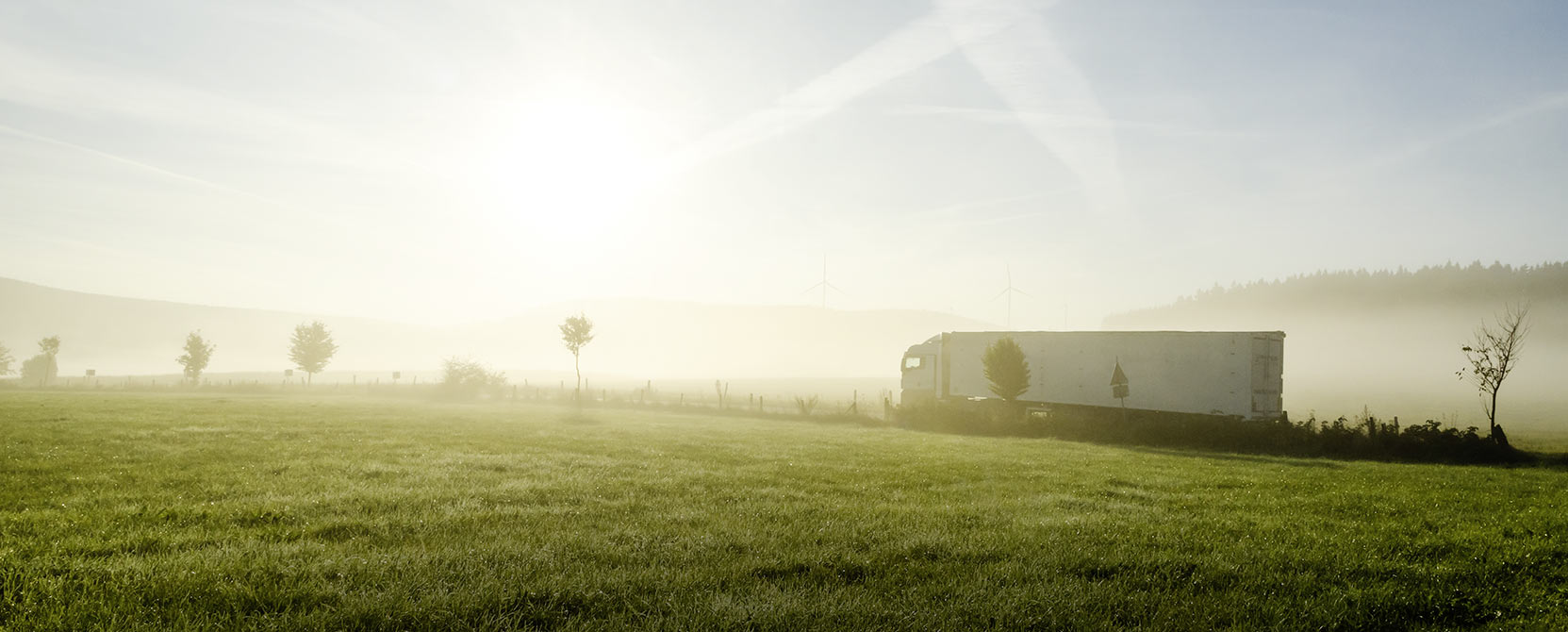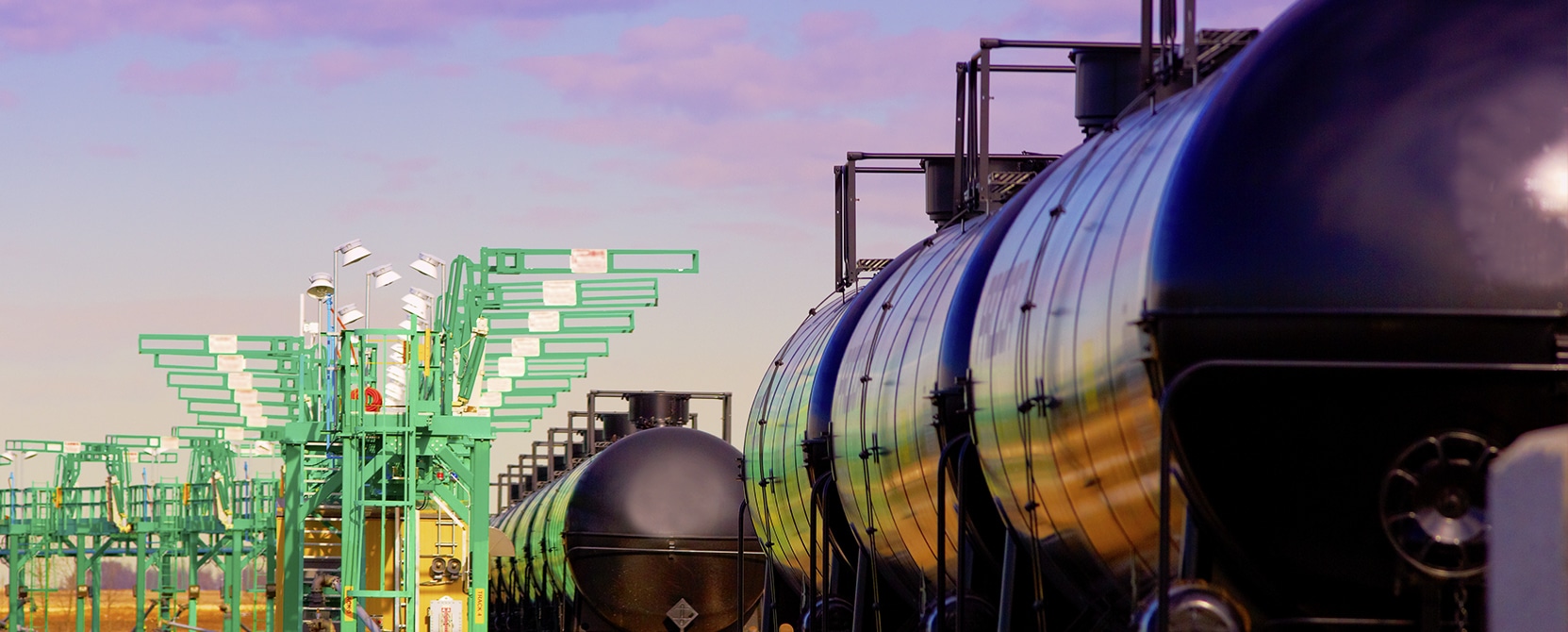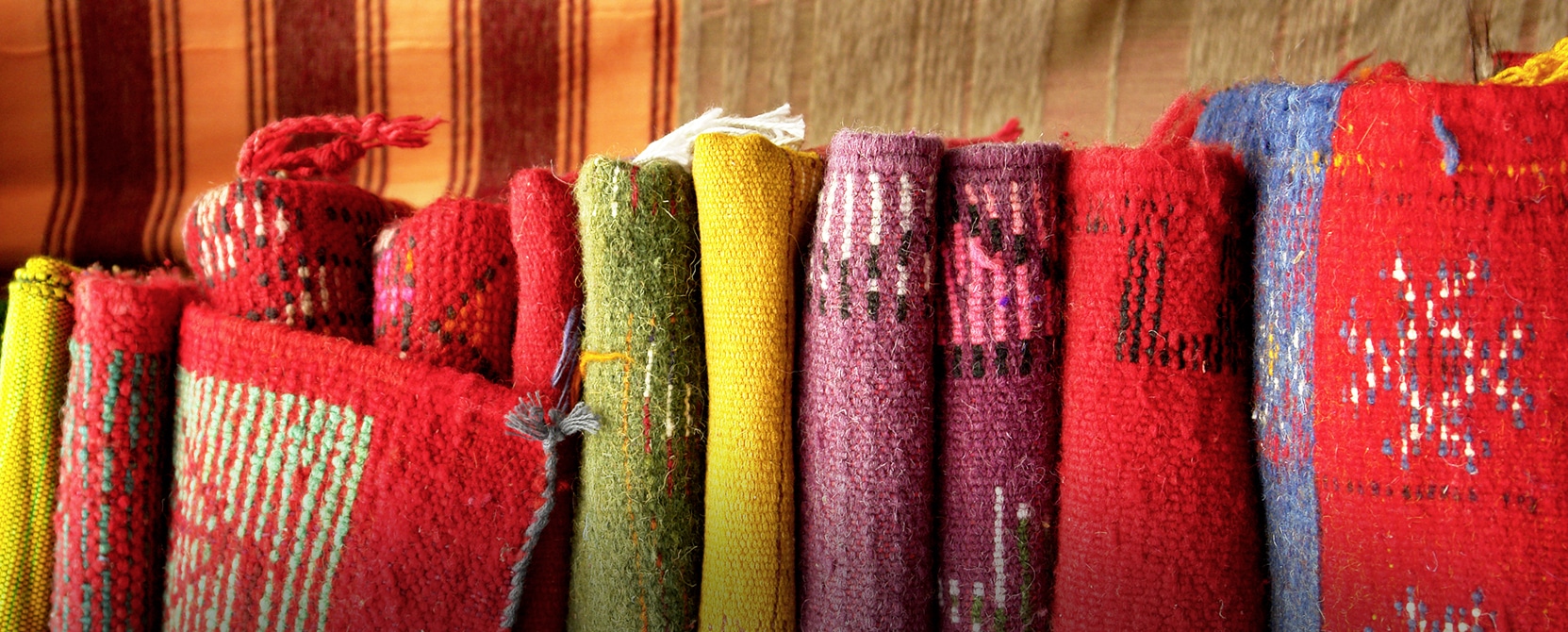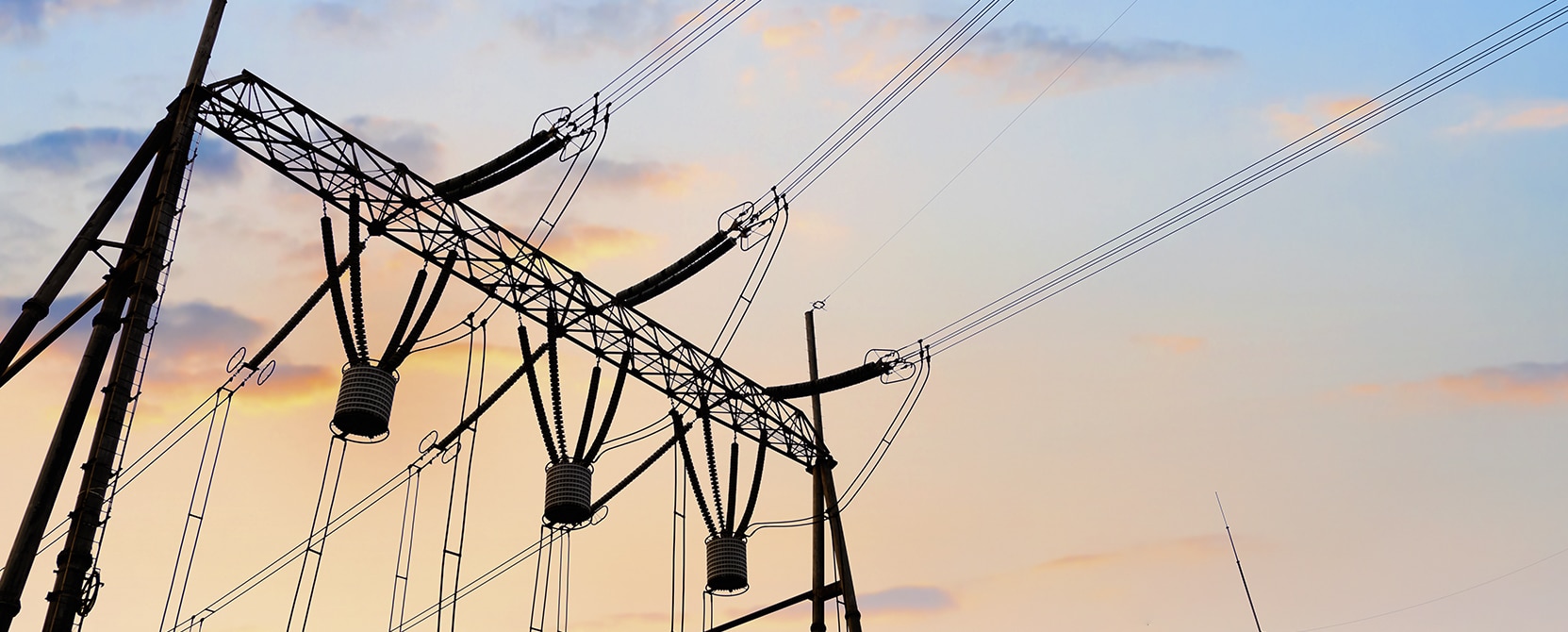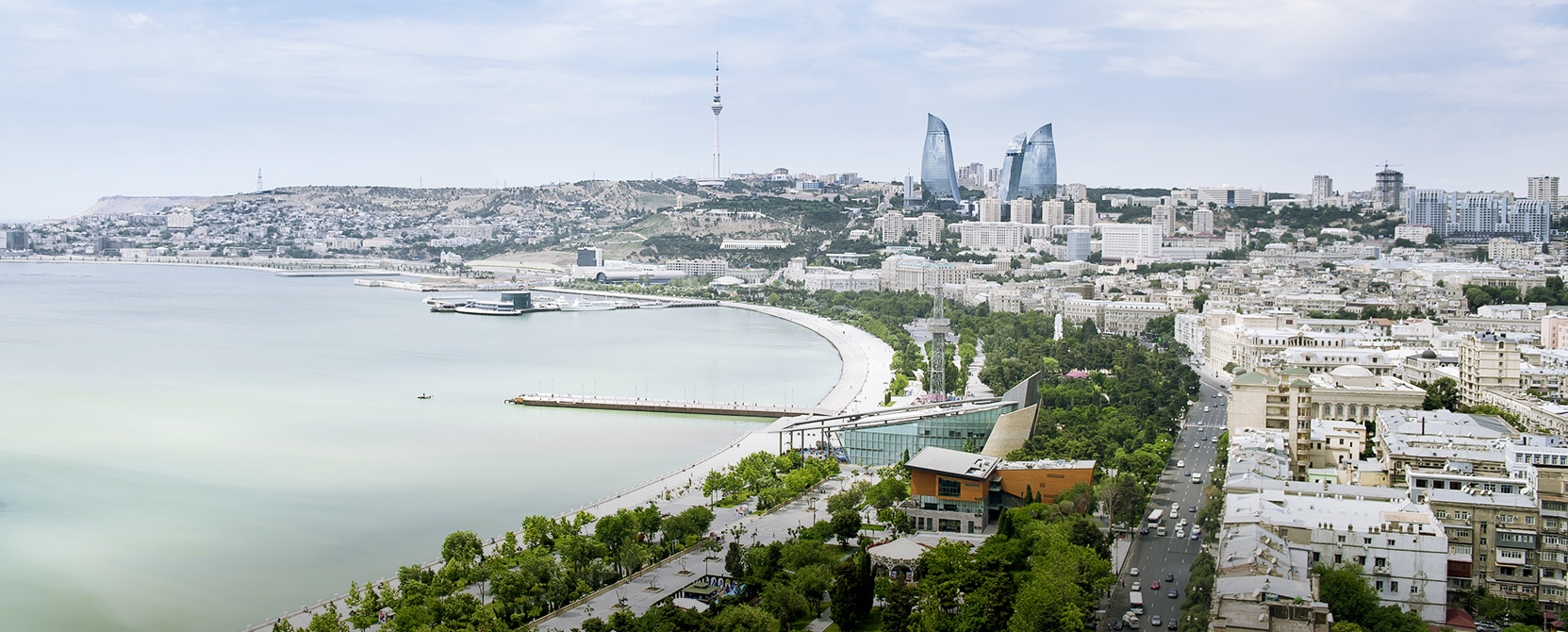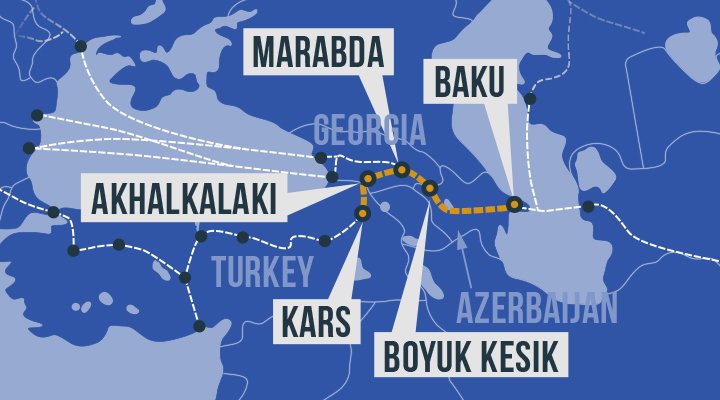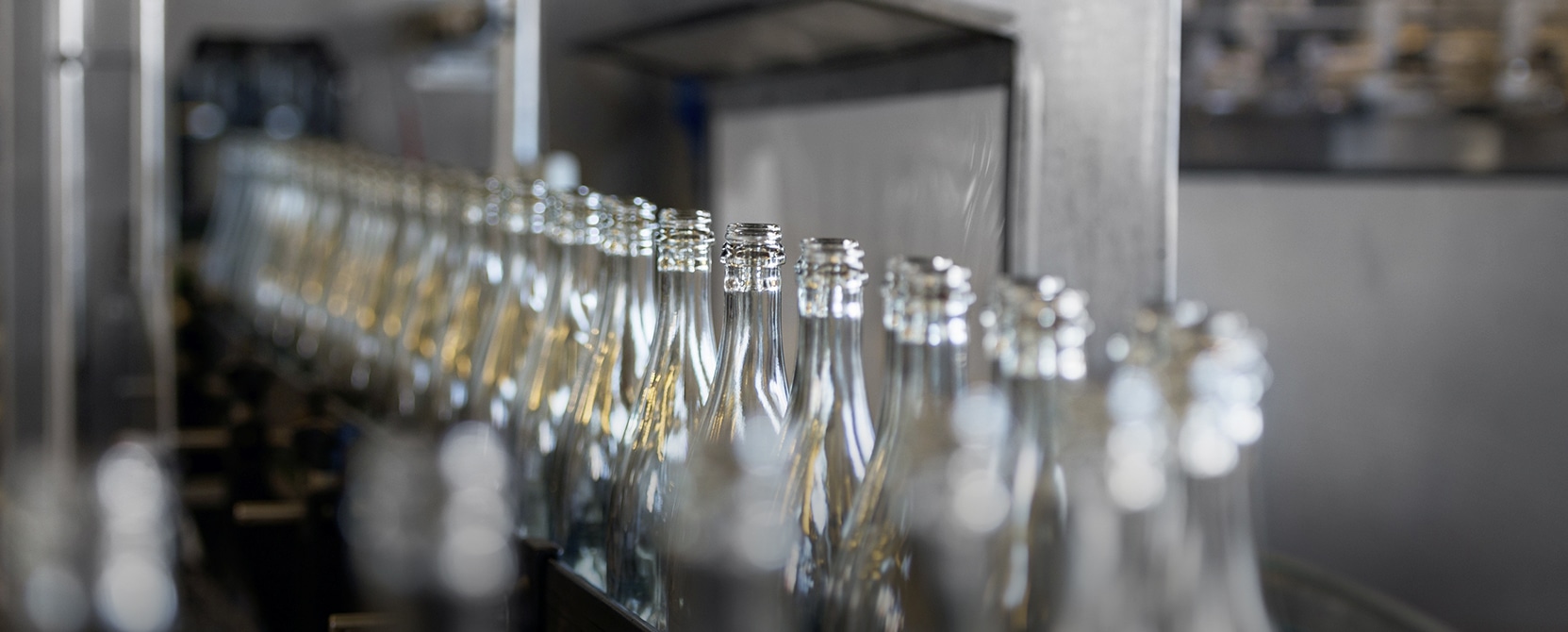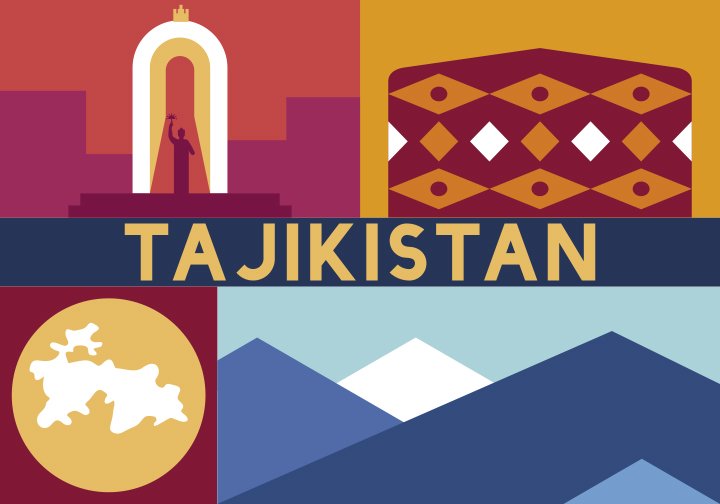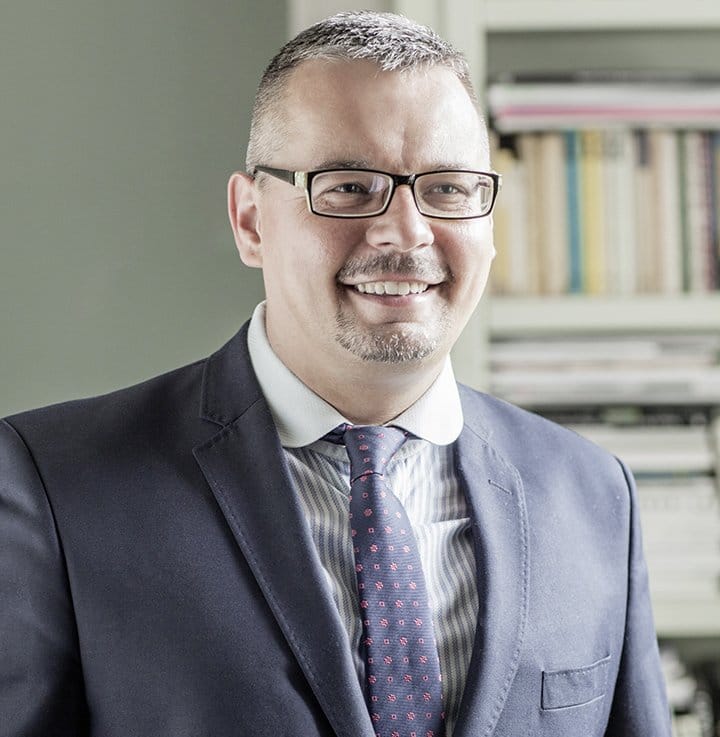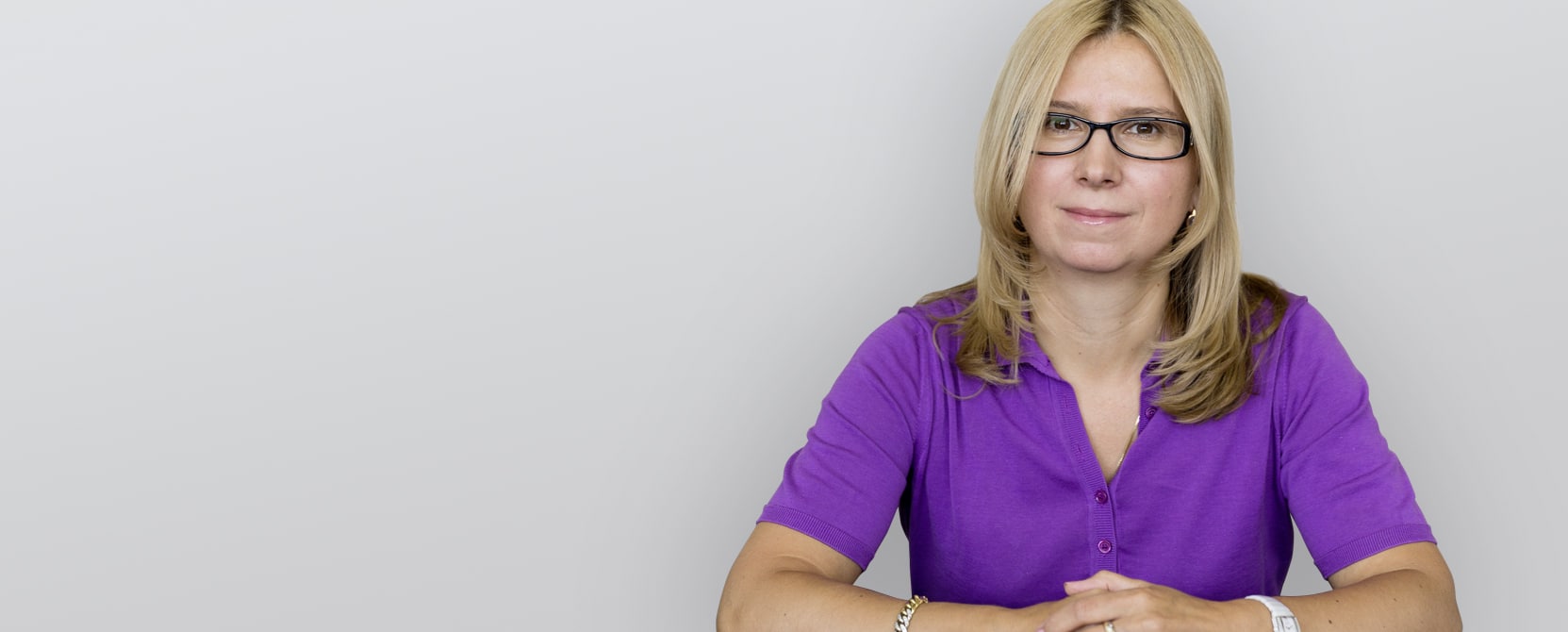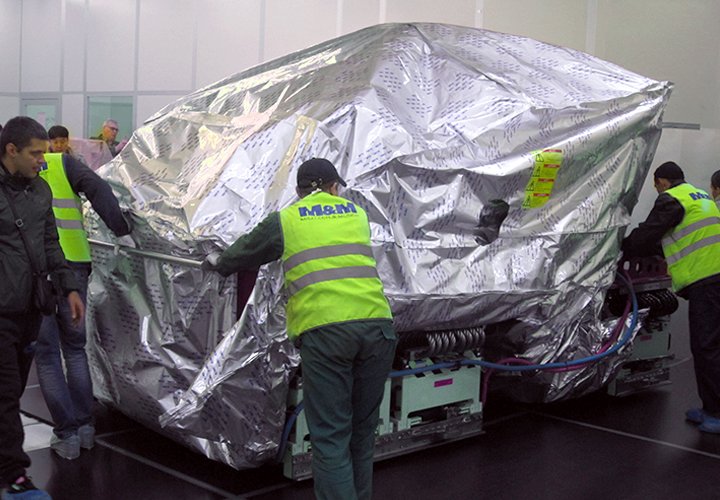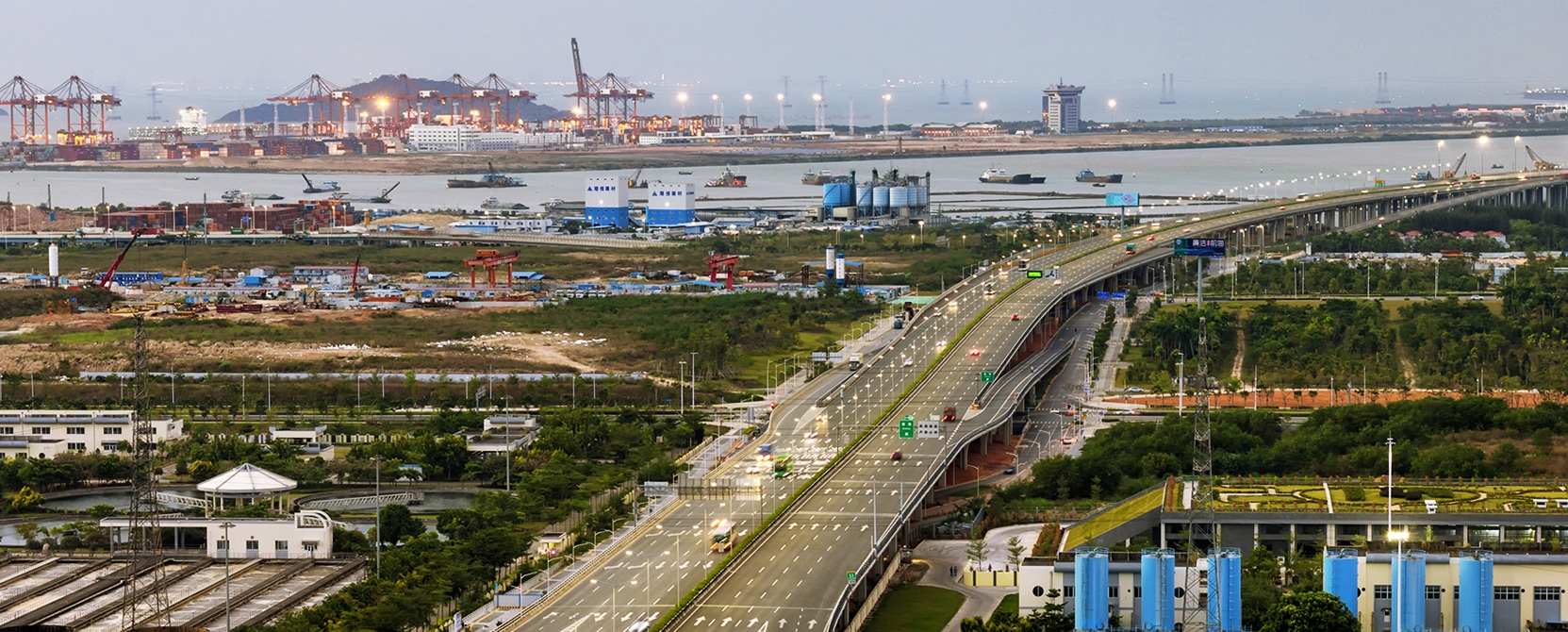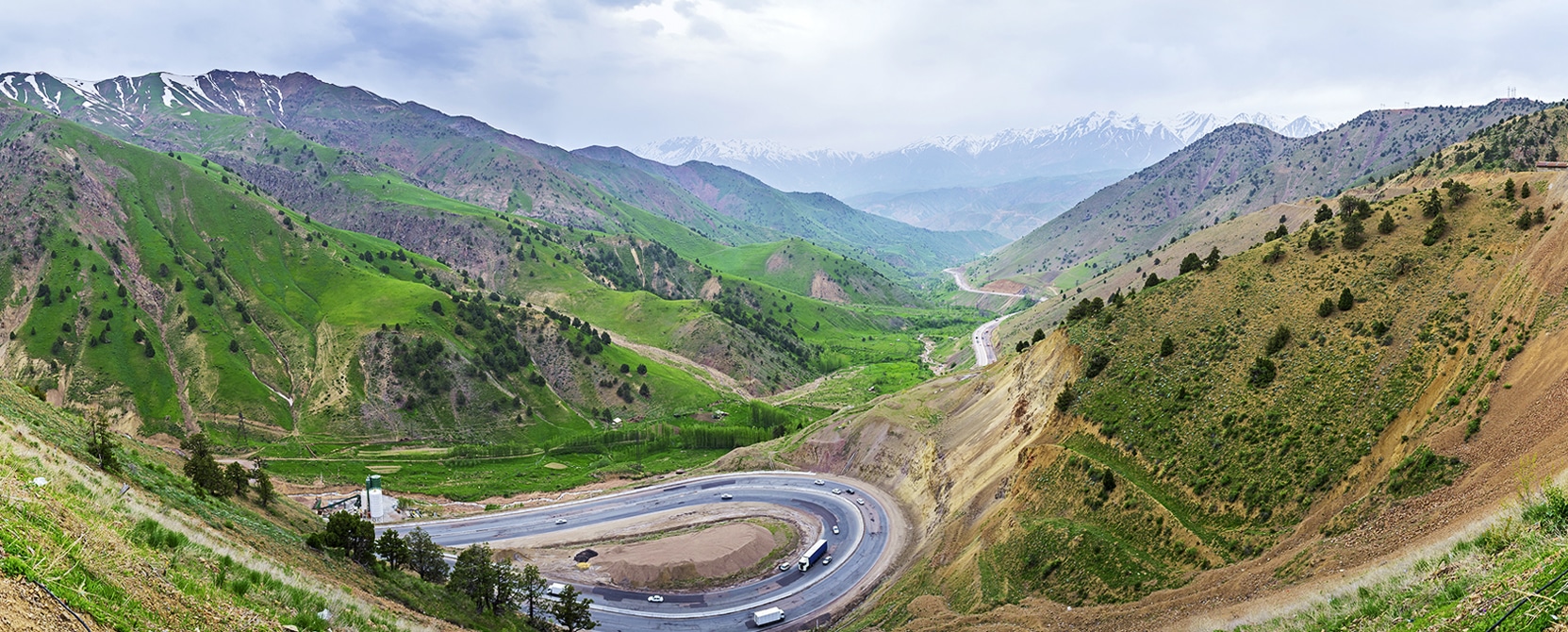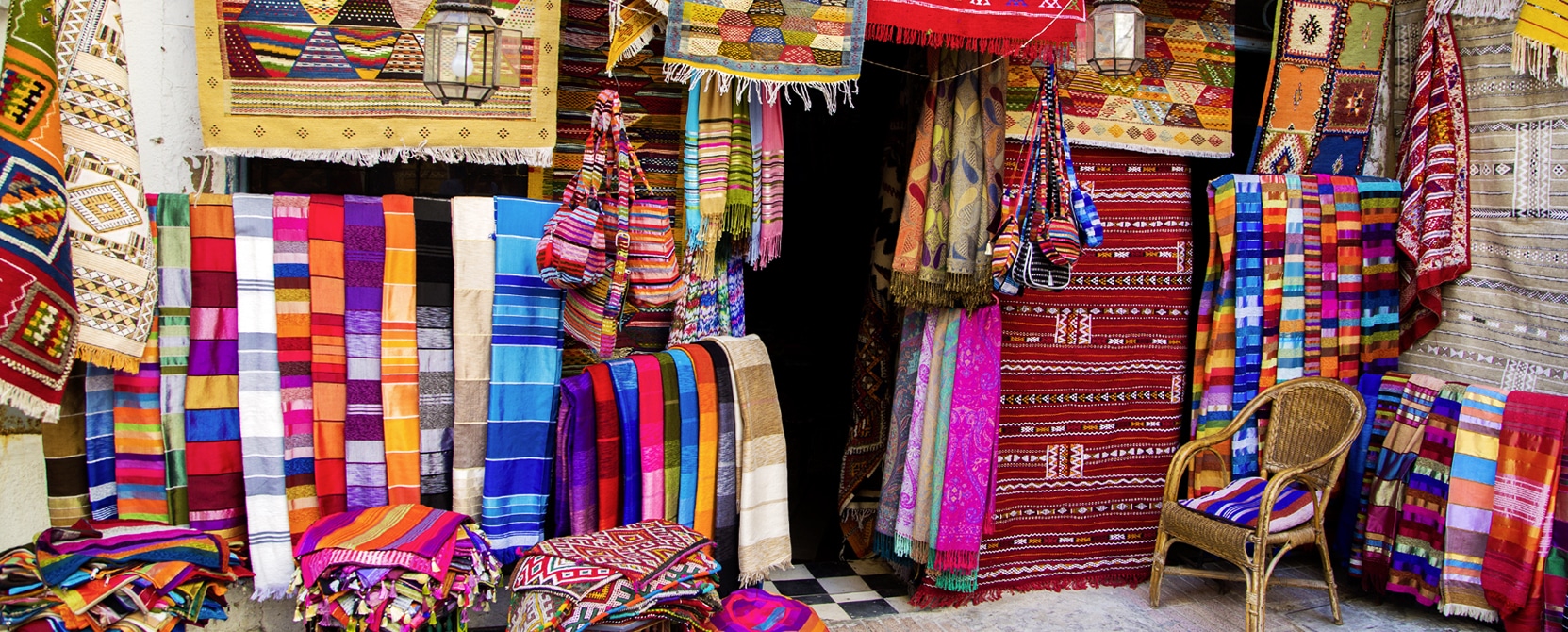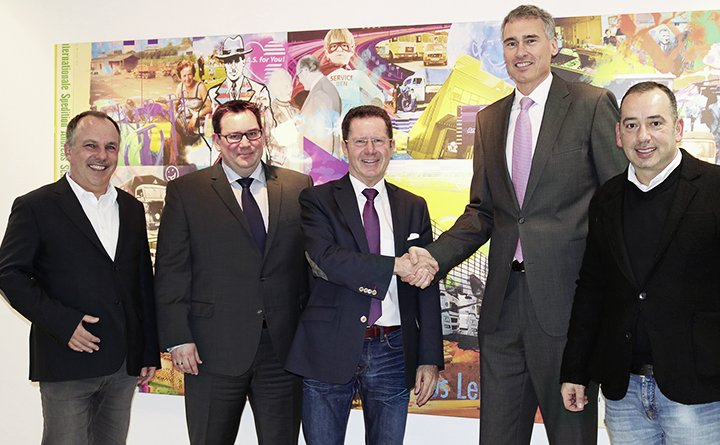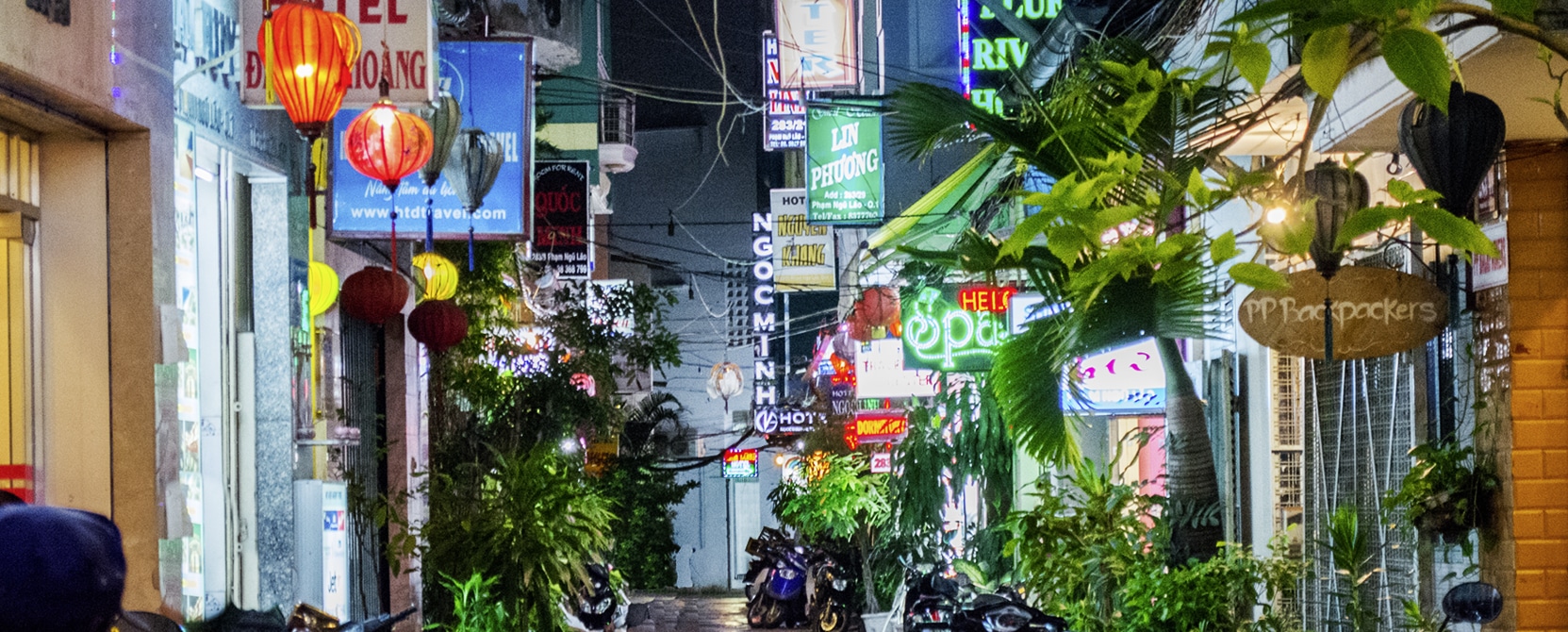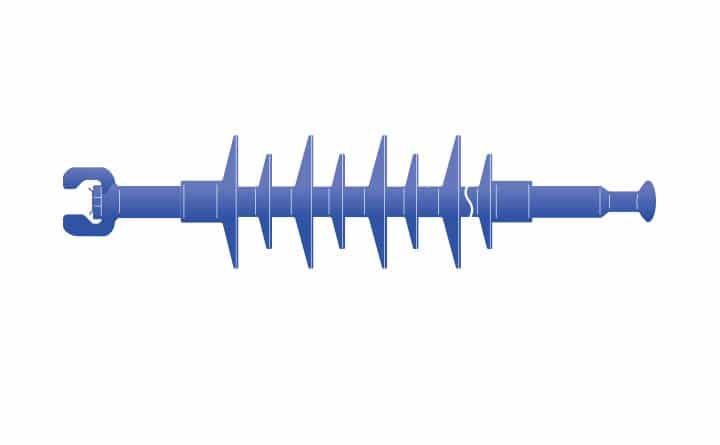On some roads in Kazakhstan, you have camels crossing, and some routes are sand tracks only. Difficult circumstances for the transport of parts for a compressor station to Bozoi in Kazakhstan – the perfect task for Militzer & Münch.
The gas pipeline will cover a distance of almost 1,500 kilometers, from the west of Kazakhstan to Shymkent in the south. For the gas to be able to travel long distances unhindered, compressor stations regulate the pressure. Like in Bozoi, a region in the middle of the Kazakh steppe.
It’s the place where one of several state-of-the-art compressor units is being built for the new pipeline. The components come from all over the world. For instance from Shanghai, more than 6,000 kilometers away. Or, almost as far off, from Europe: Great Britain, Germany or the Netherlands.
“This order was quite a challenge.”
Nikolaus Kohler
Regional Managing Director Middle East / Central Asia
These enormous distances are business as usual for Natalie Andriyevskaya, Managing Director Militzer & Münch Kazakhstan. In the world of logistics assignments, she is up to the task. What she needs are partners who support her in meeting the challenges. Across all borders, across all cultural, linguistic and national differences. And also across rough terrain.
Multimodal transport concept
“This order was quite a challenge”, says Nikolaus Kohler, Regional Managing Director Middle East / Central Asia. “We had to transport five complete compressor units from Europe via Russia to Kazakhstan. We were glad to be able to rely on our strong teams in Germany, Russia, and Kazakhstan.”
From the beginning it was important to proceed strategically, to leave nothing to chance. A multimodal transport concept set the course.
Militzer & Münch first of all gathered the parts from England, the Netherlands and Germany at the port of Rotterdam, from where they were shipped to the port of St. Petersburg. The cargo was stored here, and was then loaded onto 36 trucks and transported to the Bozoi construction site. The components from China were stored in Shanghai before they were loaded into 35 containers and sent to Aktobe, Kazakhstan, via rail. From there, they reached Bozoi by truck.
Road survey reveals challenges
Months before the transport, an M&M Kazakhstan employee traveled to the construction site to draw up a detailed route plan. The report brought some weak points to light. For one: from Saksauls to Bozoi, there is only one unpaved road, which is used exclusively for gas pipeline service purposes. Any other general traffic is completely prohibited. And second, in the Chromtau region in northwestern Kazakhstan, a pipeline crosses the road. The pipeline is too low for the uncustomed goods – which have been loaded onto special Kazakh trucks and trailers in the customs warehouse – to be transported under it and continue the route to Bozoi.
“We decided to route the transport via Shalkar to solve the first problem”, says Michail Underov, Head of Project Logistics at AO Militzer & Münch in Russia. “As this meant we had to go about 400 kilometers across the sandy steppe, we used special Kazakh four-wheel drive tractors with higher loading platform trailers.”
Shortly after passing the pipeline, Militzer & Münch, with the support of the local customs office, transferred the uncustomed goods from low bed trailers to the desert-proof trucks outside the customs warehouse. A bulldozer was carried along, too – in an emergency, it was to dig the trucks out of the sand if they should get stuck.
Teamwork pays off
“The cooperation between the teams was perfect”, says Natalie Andriyevskaya. “It was of big help that we share similar experiences and the same know-how. The perfect coordination of such a huge project across several country organizations is one of the special services that Militzer & Münch offers its customers.”
Once finished, the pipeline will measure 1,475 kilometers in length. The first part was taken into operation already in 2013, the second part followed in 2015. Construction start of the last segment, which includes several compressor stations, was ordered by the Kazakh government in 2017.

